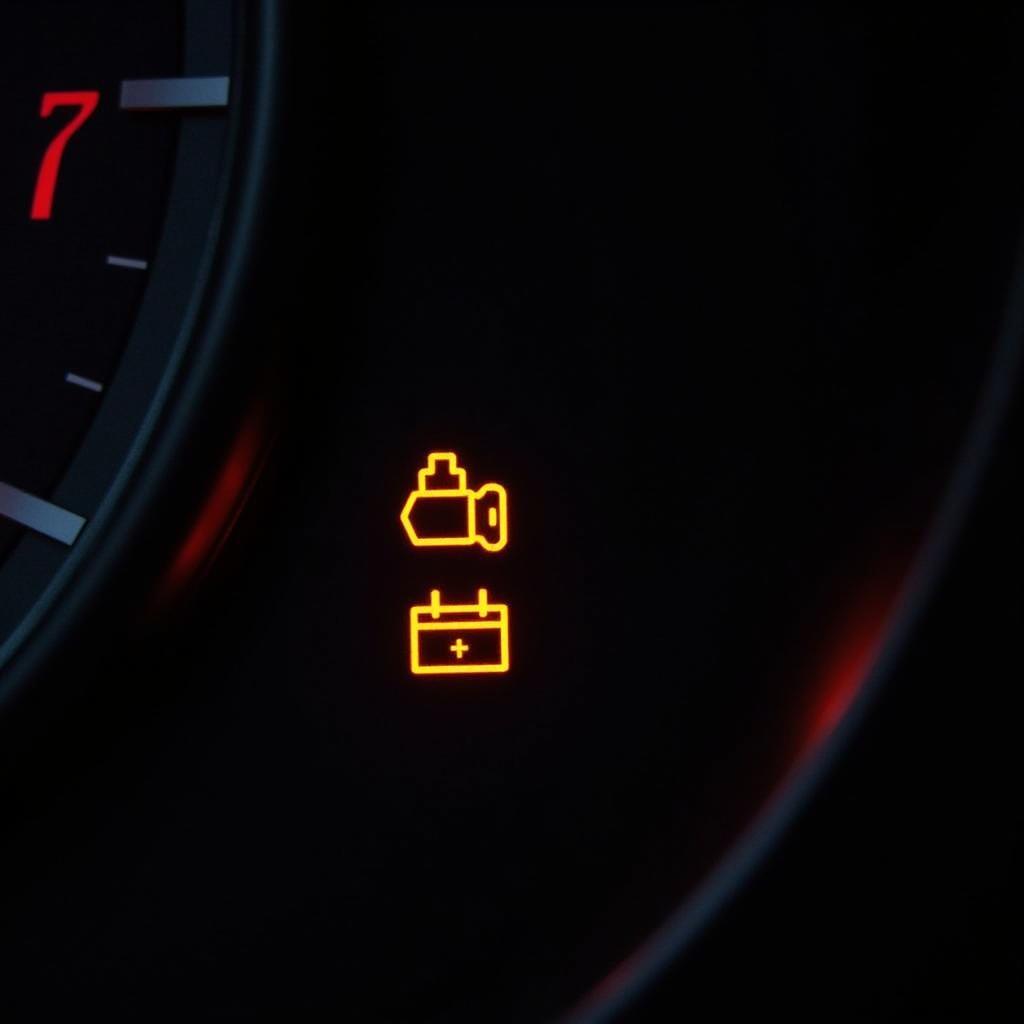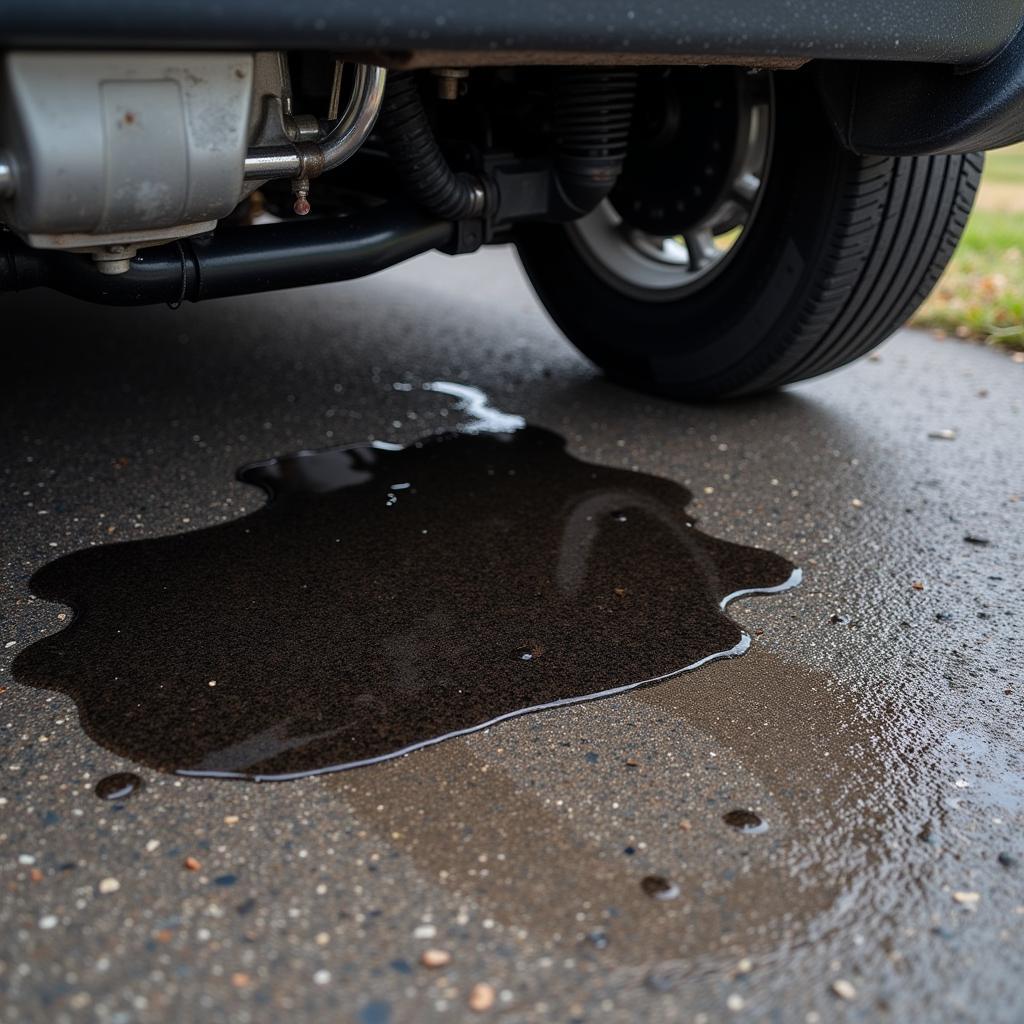Regular maintenance is essential for keeping your car running smoothly and ensuring its longevity. However, knowing when to take your car in for service can be confusing. You don’t want to take it in too often, wasting money and time, but you also don’t want to wait too long and risk a major repair. This guide will help you understand the key indicators that signal it’s time to schedule an appointment with your mechanic.
Key Factors to Consider
There are several key factors to consider when deciding whether your car needs maintenance. These include:
- Manufacturer’s Recommendations: Your car’s owner’s manual outlines a specific schedule for routine maintenance, including oil changes, tire rotations, and fluid checks. Adhering to this schedule ensures your car receives the necessary care.
- Mileage: Most manufacturers recommend certain services based on mileage driven. For example, oil changes are typically recommended every 3,000-5,000 miles. However, newer cars may have longer intervals.
- Time: Even if your car has not reached the recommended mileage for a service, it’s important to take it in for maintenance at least once a year. This ensures that all fluids are topped off, filters are clean, and any potential issues are addressed before they become major problems.
- Warning Lights: Your car’s dashboard is equipped with warning lights for a variety of issues. If any lights illuminate, it’s important to address the problem immediately. Some common warning lights include:
- Check Engine Light: This light can indicate a variety of issues, from a loose gas cap to a serious engine problem.
- Oil Pressure Light: This light indicates a problem with your oil pressure. If the oil pressure is too low, your engine could be damaged.
- ABS Light: This light indicates a problem with your anti-lock braking system.
- Battery Light: This light indicates a problem with your battery or charging system.
- Noises and Smells: Your car should run smoothly without any unusual noises or smells. If you notice any of the following, it’s a good sign that you need to take your car in for maintenance:
- Unusual Noises: Clicking, grinding, or squealing sounds can indicate a problem with your engine, brakes, or transmission.
- Strange Smells: Burning smells can indicate a problem with your engine or brakes.
- Fluid Leaks: If you notice any fluid leaks, it’s important to address the problem immediately.
 Car dashboard with warning lights illuminated
Car dashboard with warning lights illuminated
When to Take Your Car in for Routine Maintenance
Here’s a breakdown of the common maintenance tasks and how often they should be performed:
Oil Change
“It’s important to change your oil regularly to keep your engine lubricated and running smoothly,” says John Smith, an experienced automotive technician.
- Recommended Frequency: Every 3,000-5,000 miles or every 3-6 months.
- Why It’s Important: Oil lubricates moving parts in your engine, reducing friction and wear. A dirty oil filter can restrict oil flow, leading to engine damage.
Tire Rotation and Alignment
“Tire rotations and alignments are essential for ensuring your tires last longer and your car handles well,” says Sarah Jones, a certified mechanic.
- Recommended Frequency: Every 5,000-7,500 miles or every 6 months.
- Why It’s Important: Tire rotation ensures even wear on all tires. Alignment helps ensure your car drives straight and handles properly.
Air Filter Replacement
- Recommended Frequency: Every 12,000-15,000 miles or every 1-2 years.
- Why It’s Important: A clean air filter allows your engine to breathe properly, improving fuel efficiency and performance.
Brake Inspection and Service
- Recommended Frequency: Every 12,000-15,000 miles or every year.
- Why It’s Important: Brakes are essential for safety. Regular inspection and service ensure that they’re in good working order.
Transmission Fluid Flush
- Recommended Frequency: Every 30,000-60,000 miles or every 2-3 years.
- Why It’s Important: Transmission fluid lubricates and cools your transmission, keeping it working efficiently.
Coolant Flush
- Recommended Frequency: Every 30,000-60,000 miles or every 2-3 years.
- Why It’s Important: Coolant prevents your engine from overheating.
When to Take Your Car in for Repair
Here’s a list of common car problems that require professional attention:
- Check Engine Light: While not always a major issue, a Check Engine Light should always be investigated. A diagnostic scan can help identify the problem.
- Unusual Noises: Engine noises, grinding brakes, or strange clicking sounds could indicate a serious problem.
- Fluid Leaks: Any fluid leaking from your car should be addressed immediately.
- Burning Smell: If you notice a burning smell coming from your car, it could be a sign of an overheating engine or brake problem.
- Dim Headlights: This can indicate a problem with your battery or alternator.
 Leaking fluid under car engine, indicating a problem
Leaking fluid under car engine, indicating a problem
Choosing a Mechanic
Taking your car to a trusted mechanic is crucial for proper maintenance and repairs. Here are some tips for choosing a mechanic:
- Ask for recommendations: Get referrals from friends, family, or other trusted sources.
- Check online reviews: Websites like Yelp and Google Reviews can provide valuable insights into the quality of a mechanic’s services.
- Look for certifications: Mechanics with ASE certifications (Automotive Service Excellence) are highly trained and qualified.
- Ask about warranties: A good mechanic will offer a warranty on their work.
Conclusion
Regular maintenance is essential for keeping your car in top shape. By following the recommendations outlined above, you can help ensure your car runs smoothly and lasts for years to come. If you notice any warning signs or have any questions, it’s always a good idea to consult with a trusted mechanic.
Need expert assistance with your car maintenance? Contact Autotippro today. Our team of qualified technicians is here to help you keep your car in peak condition.
AutoTipPro Contact Information:
- Phone: +1 (641) 206-8880
- Address: 500 N St Mary’s St, San Antonio, TX 78205, United States
Frequently Asked Questions
1. How often should I take my car in for maintenance?
This depends on the age and mileage of your car. Consult your owner’s manual for specific recommendations.
2. What is the best time to take my car in for maintenance?
You can schedule maintenance appointments during off-peak hours to avoid long wait times.
3. Can I perform some maintenance tasks myself?
Some basic tasks like changing air filters and checking fluids can be performed by yourself. However, more complex tasks like oil changes and brake repairs should be left to professionals.
4. How much does car maintenance cost?
Maintenance costs vary depending on the specific service and your location.
5. How can I find a reliable mechanic?
Ask for recommendations from friends, family, or check online reviews. Look for ASE certified mechanics and inquire about warranties.
6. Is it really necessary to follow the maintenance schedule in my car’s owner’s manual?
Yes, following the manufacturer’s recommendations is crucial for extending the life of your car and maintaining its safety.
7. What are the benefits of regular car maintenance?
Regular maintenance helps prevent major breakdowns, improves fuel efficiency, enhances safety, and increases the resale value of your car.




Leave a Reply